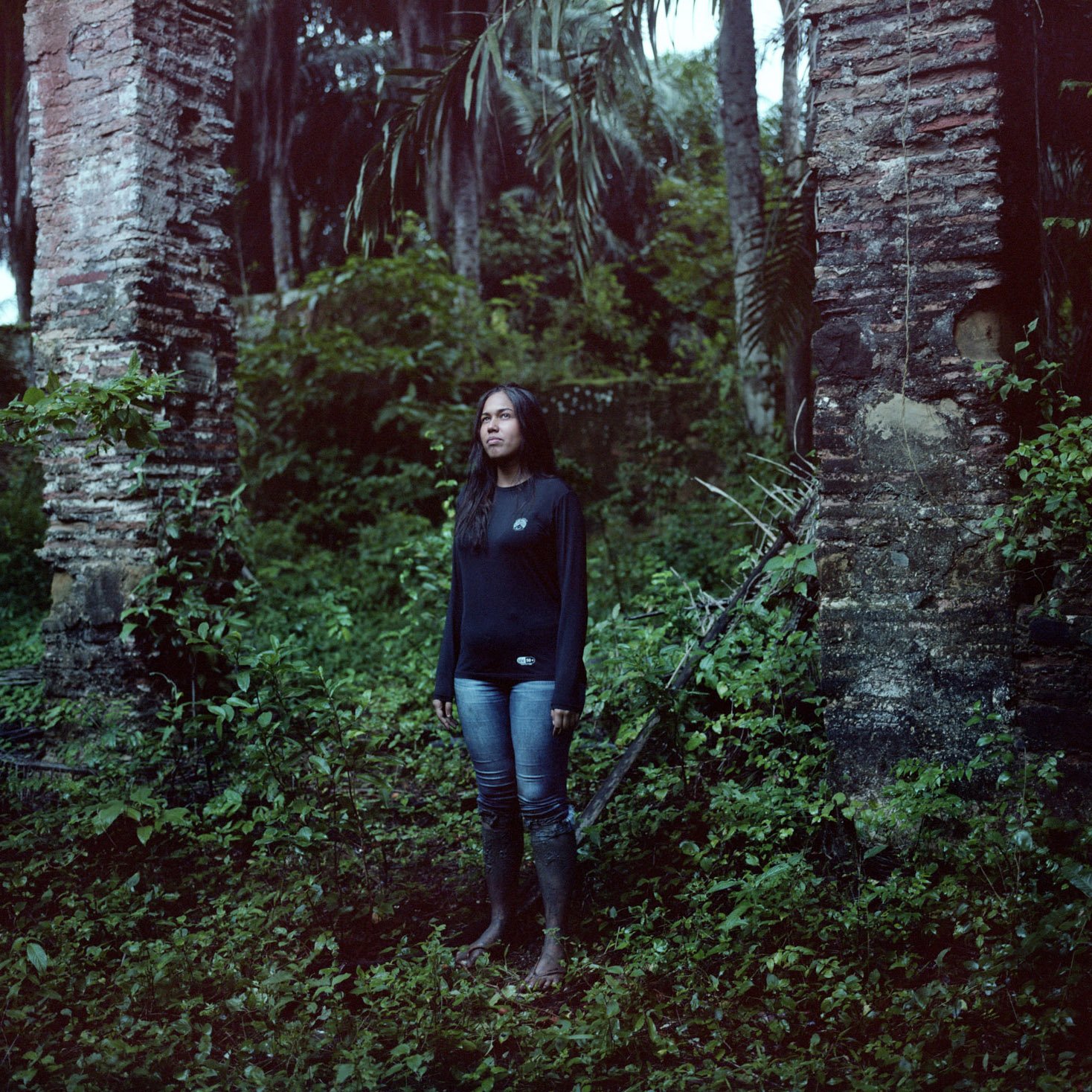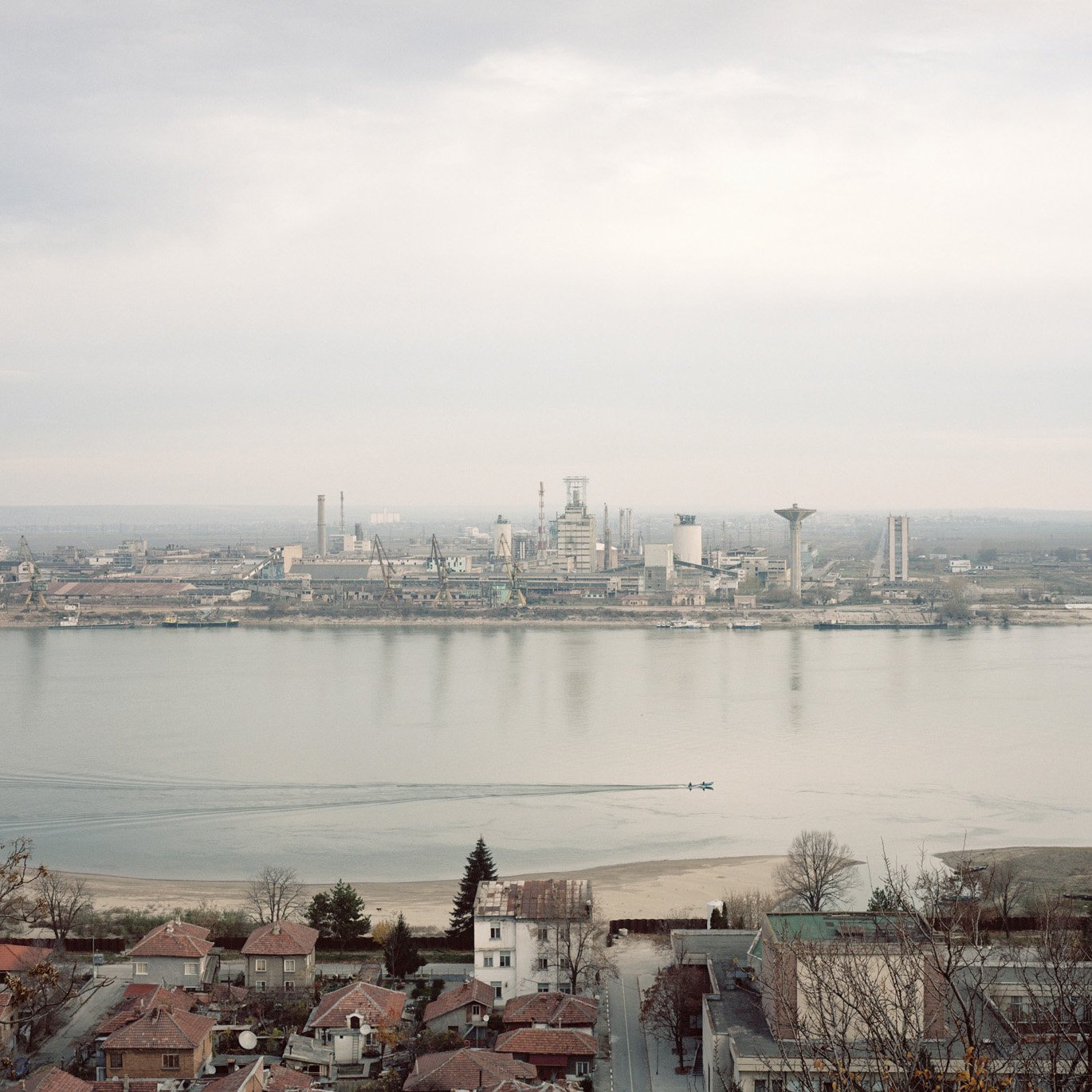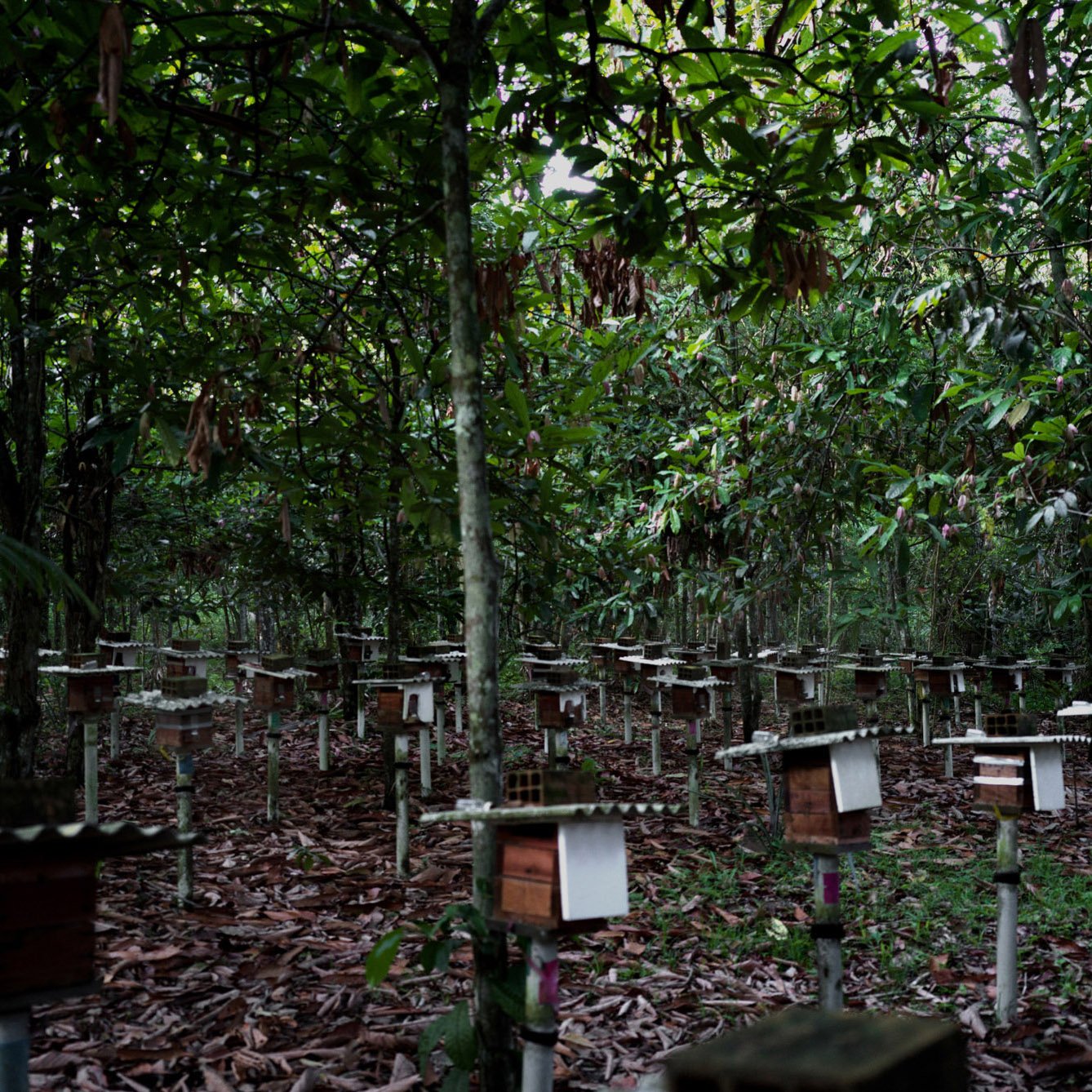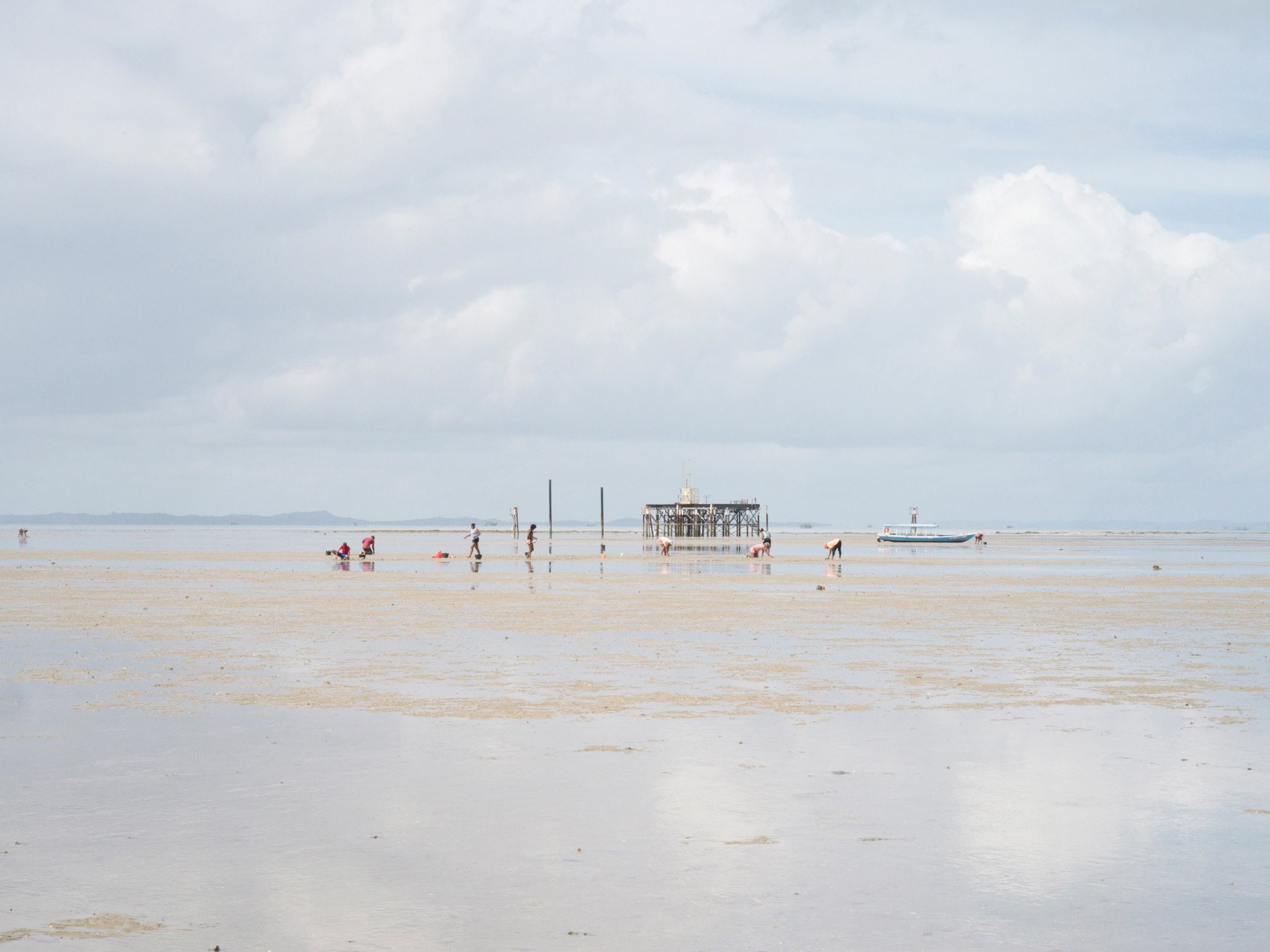
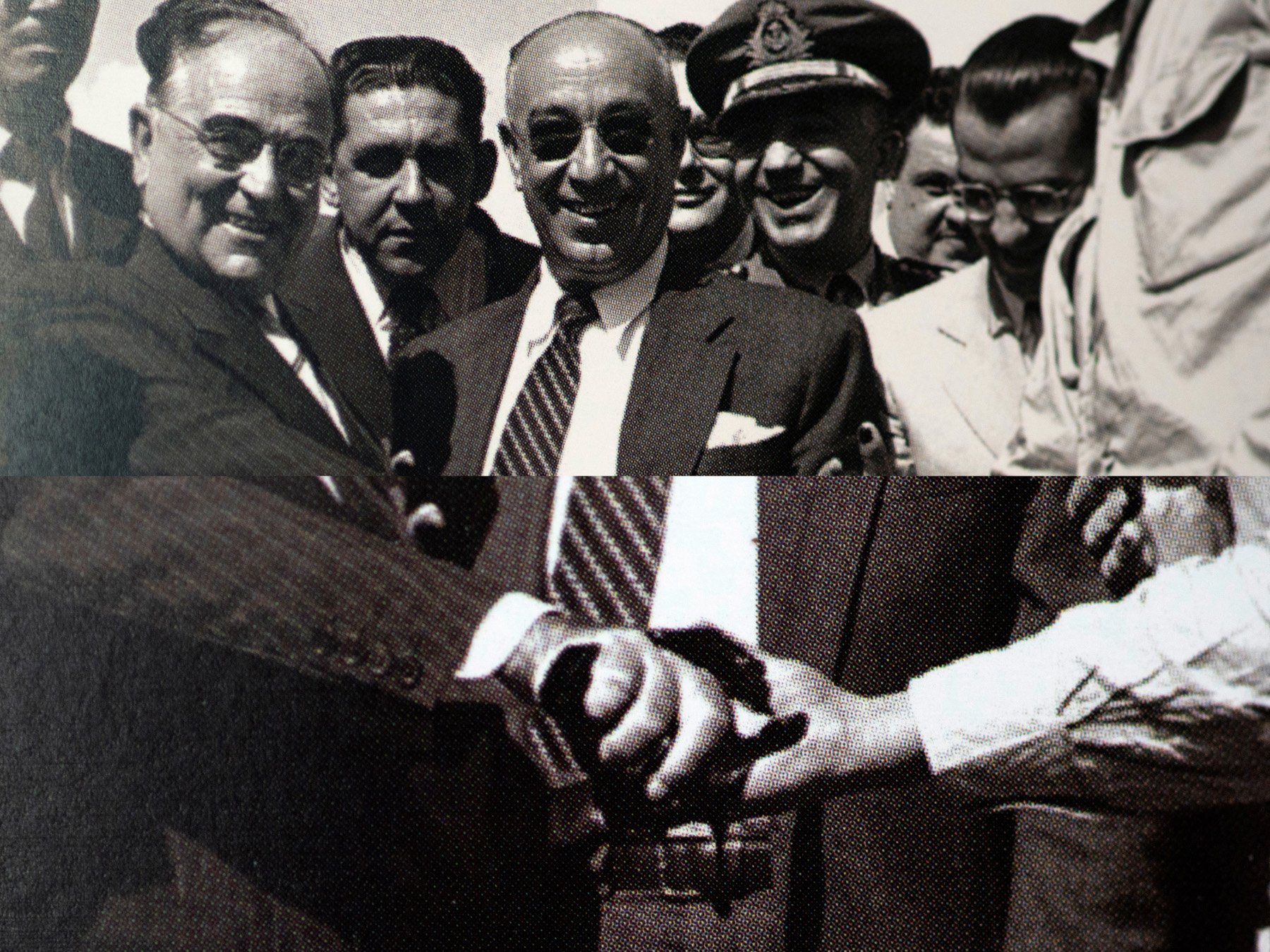
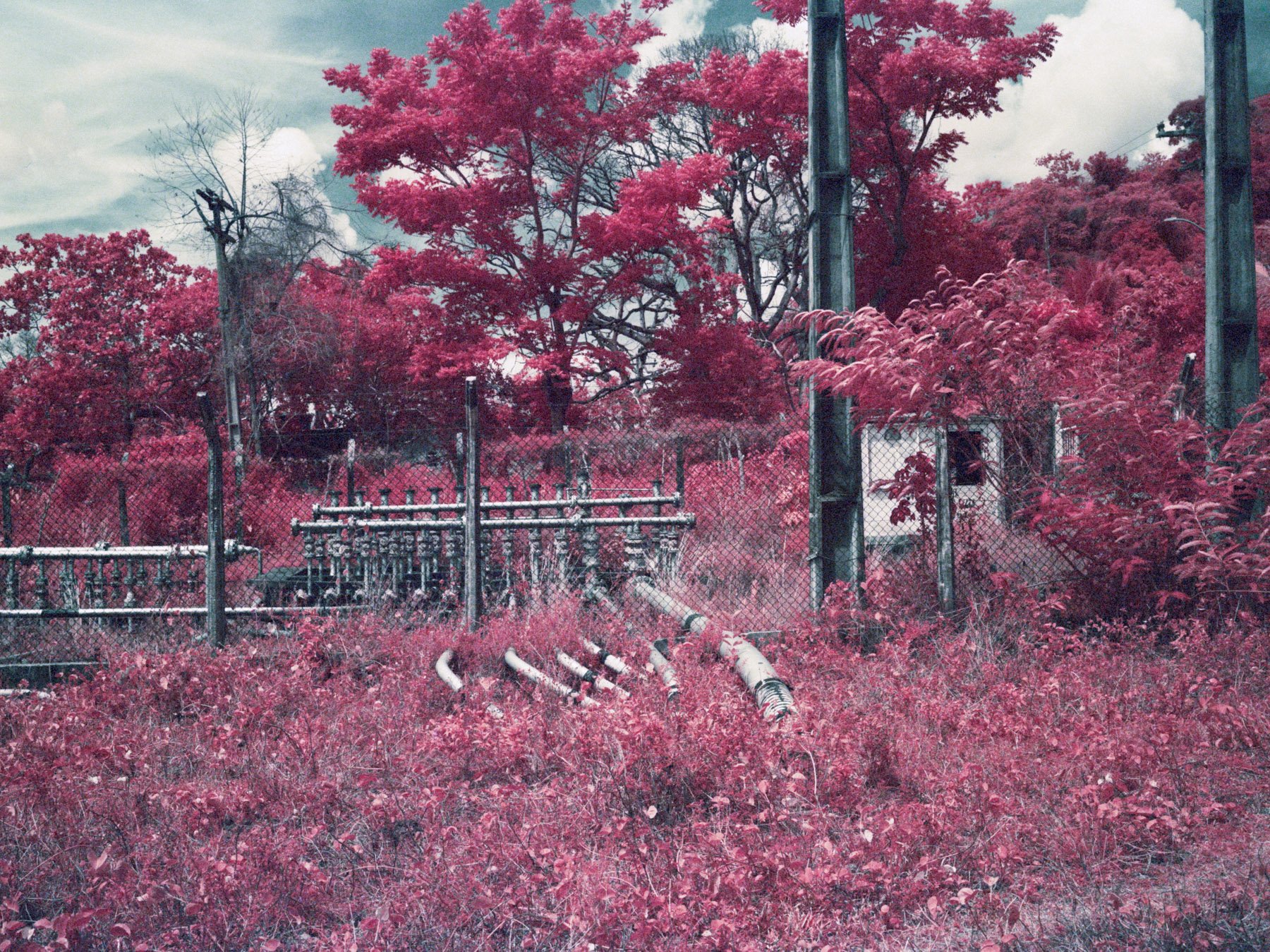
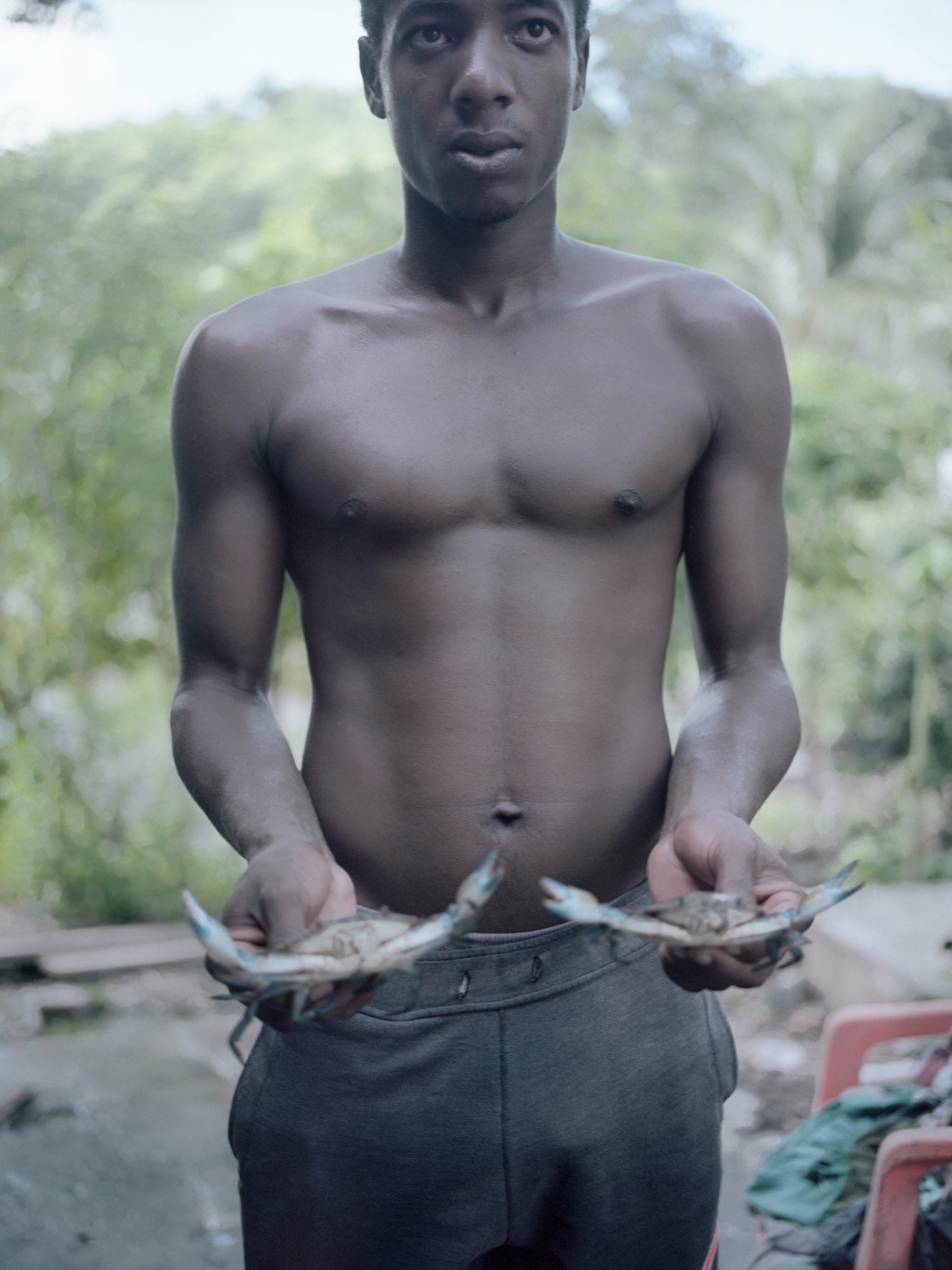
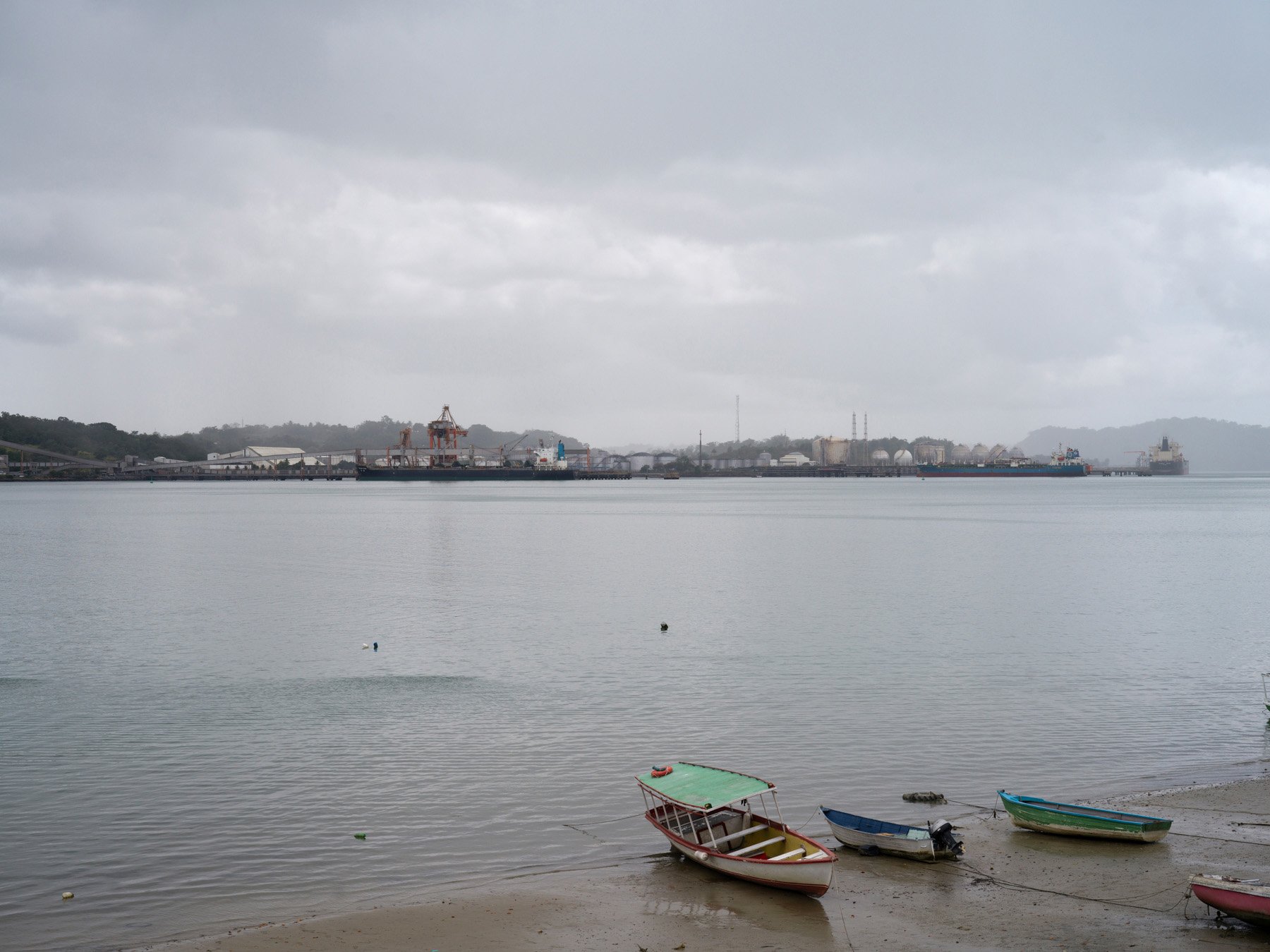
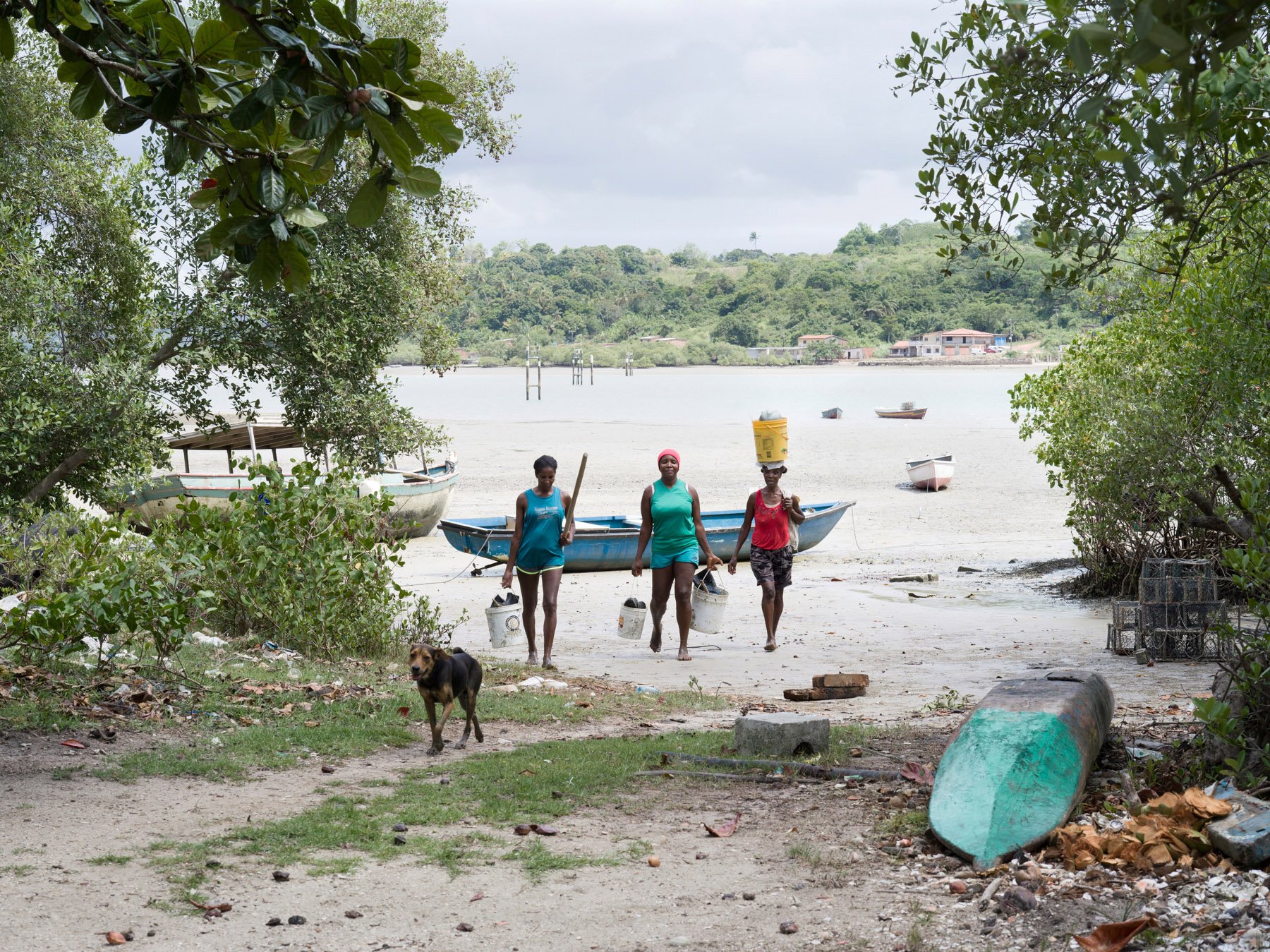
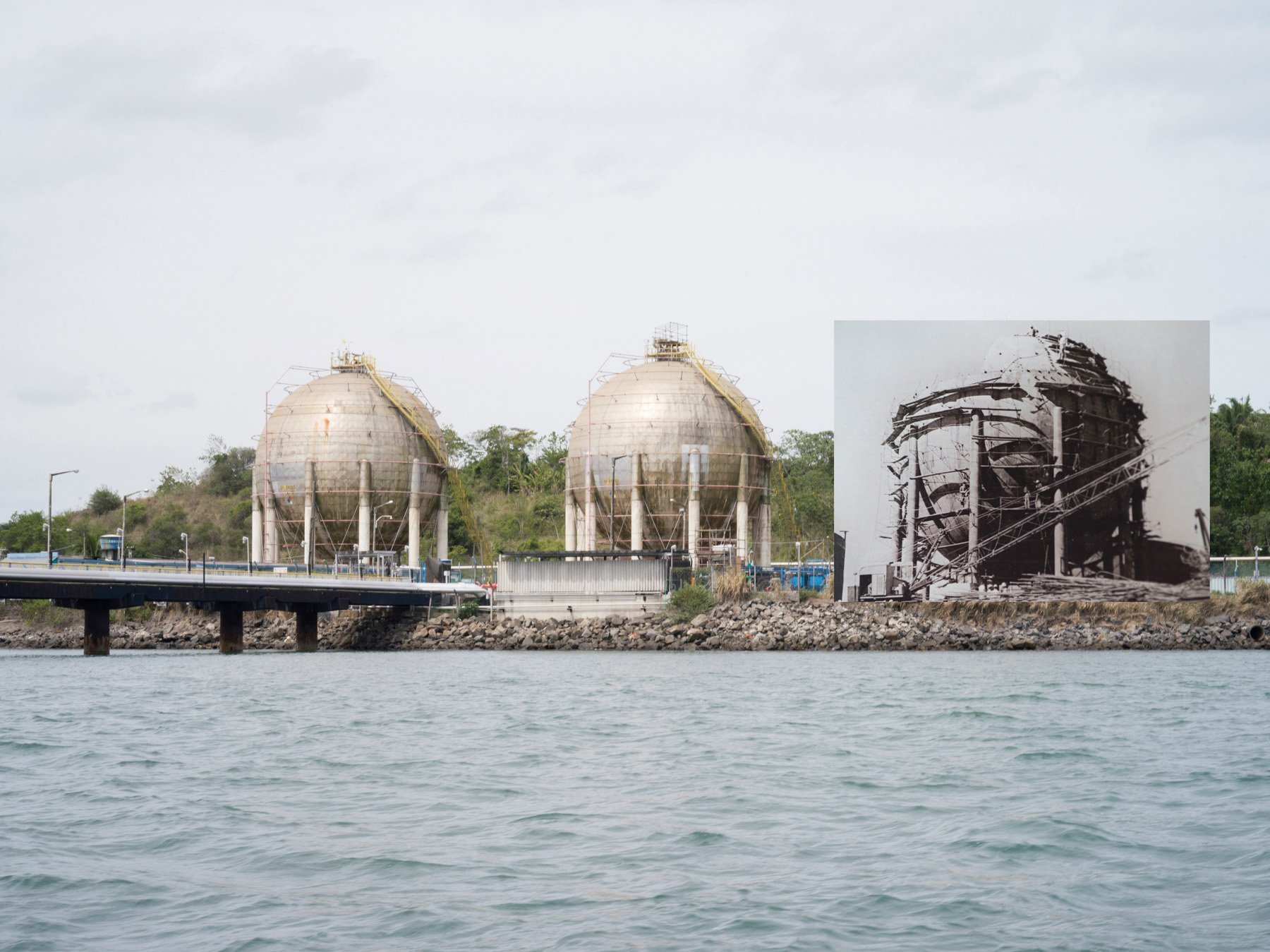
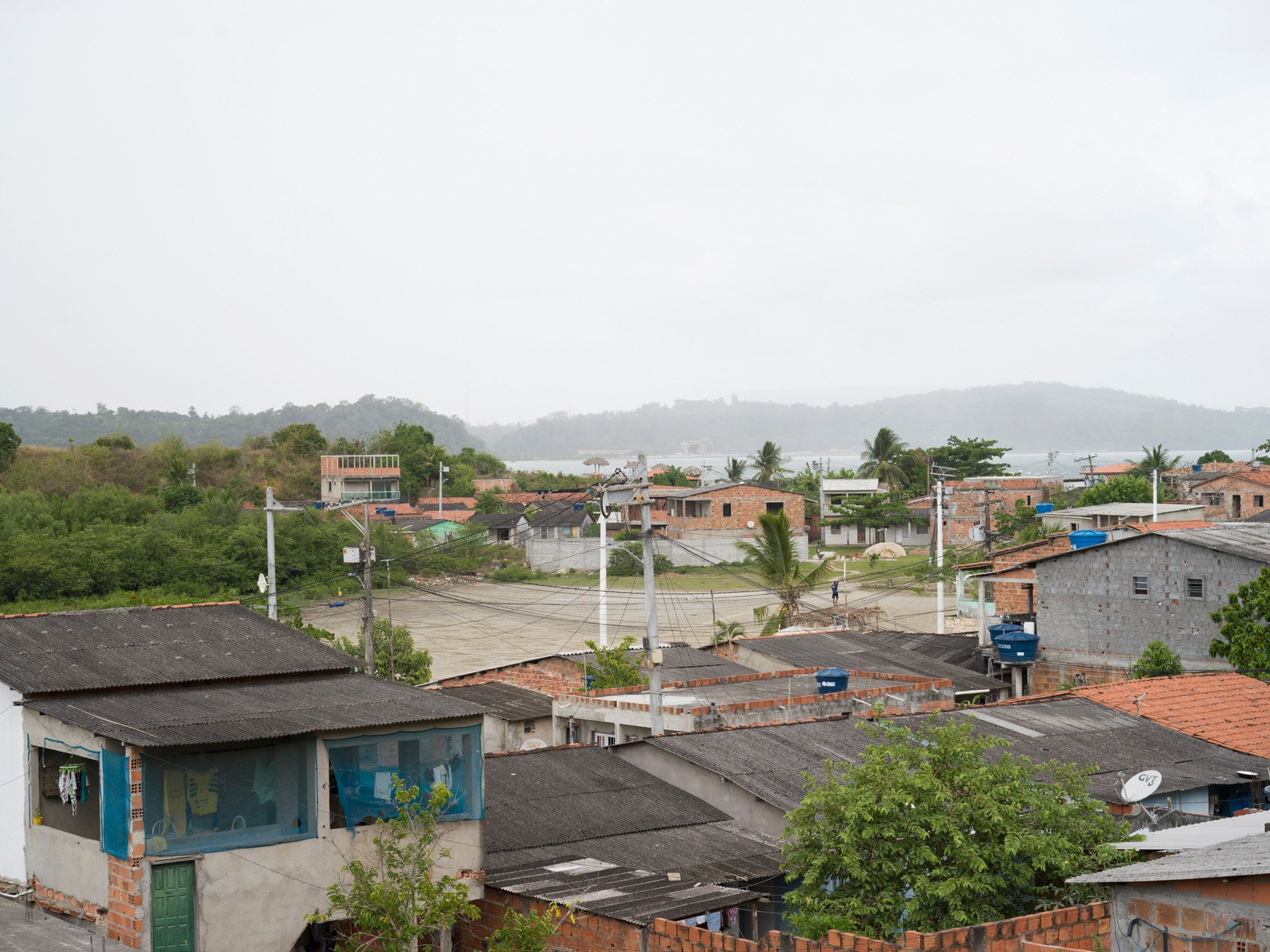
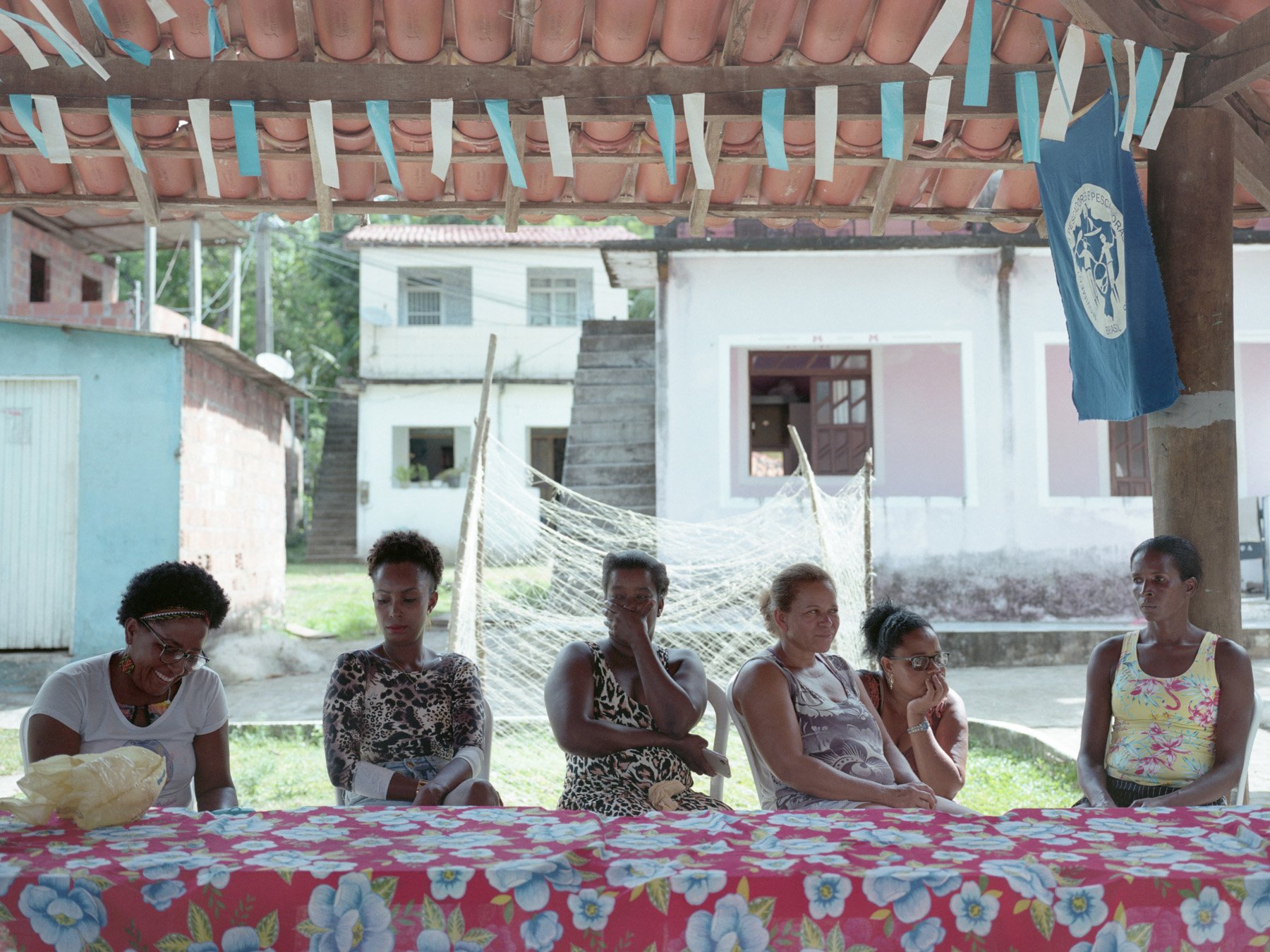
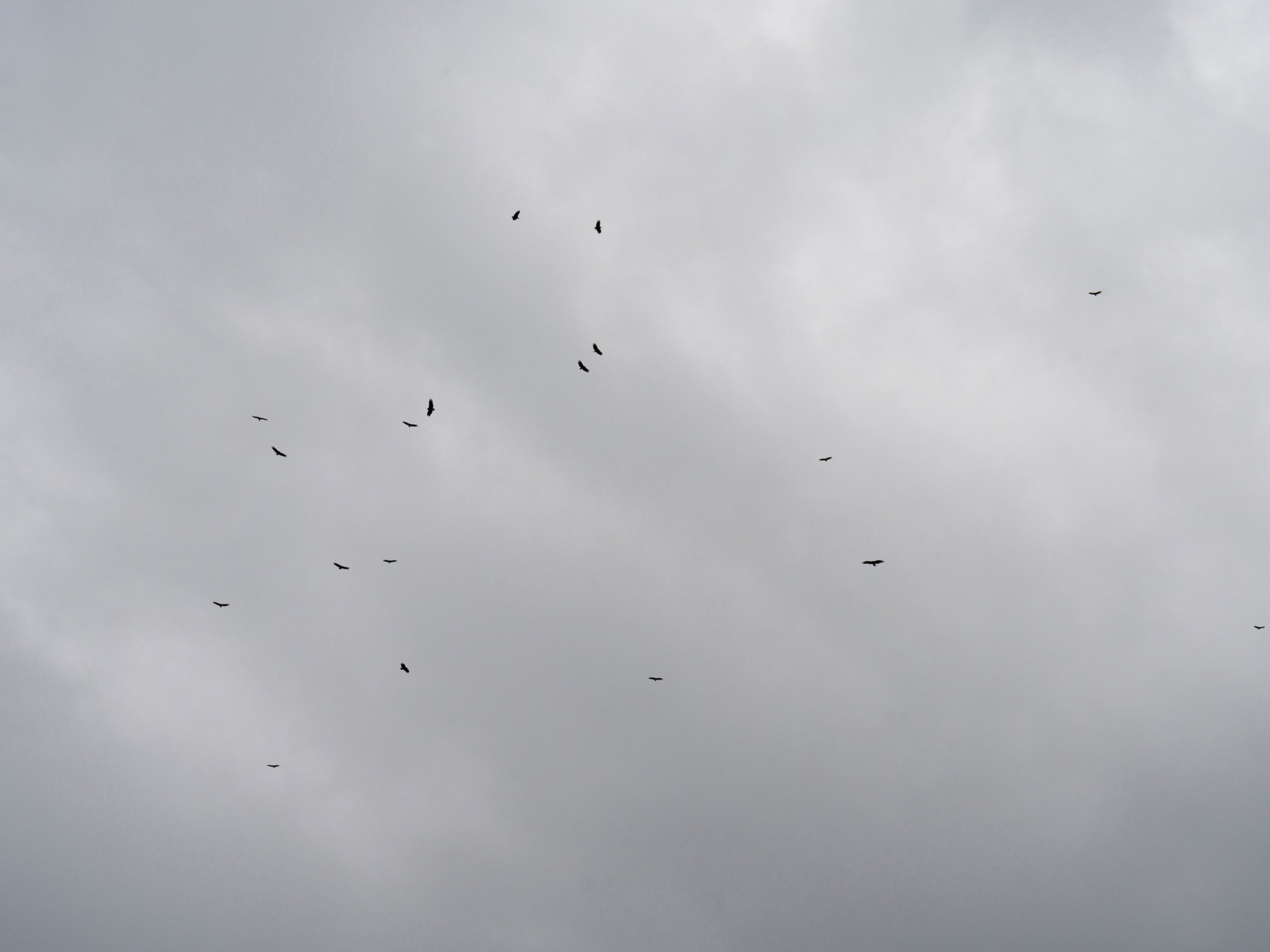
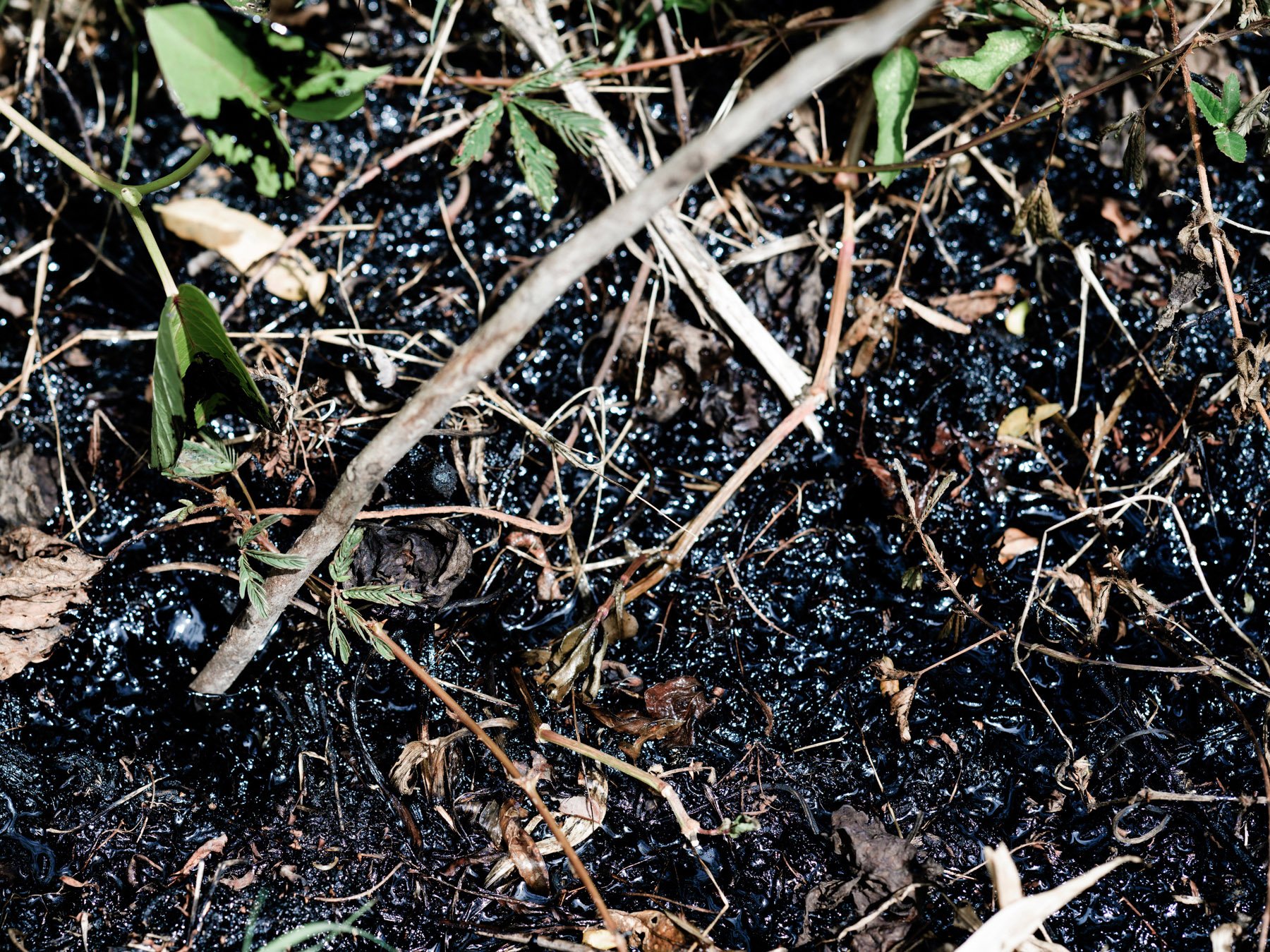
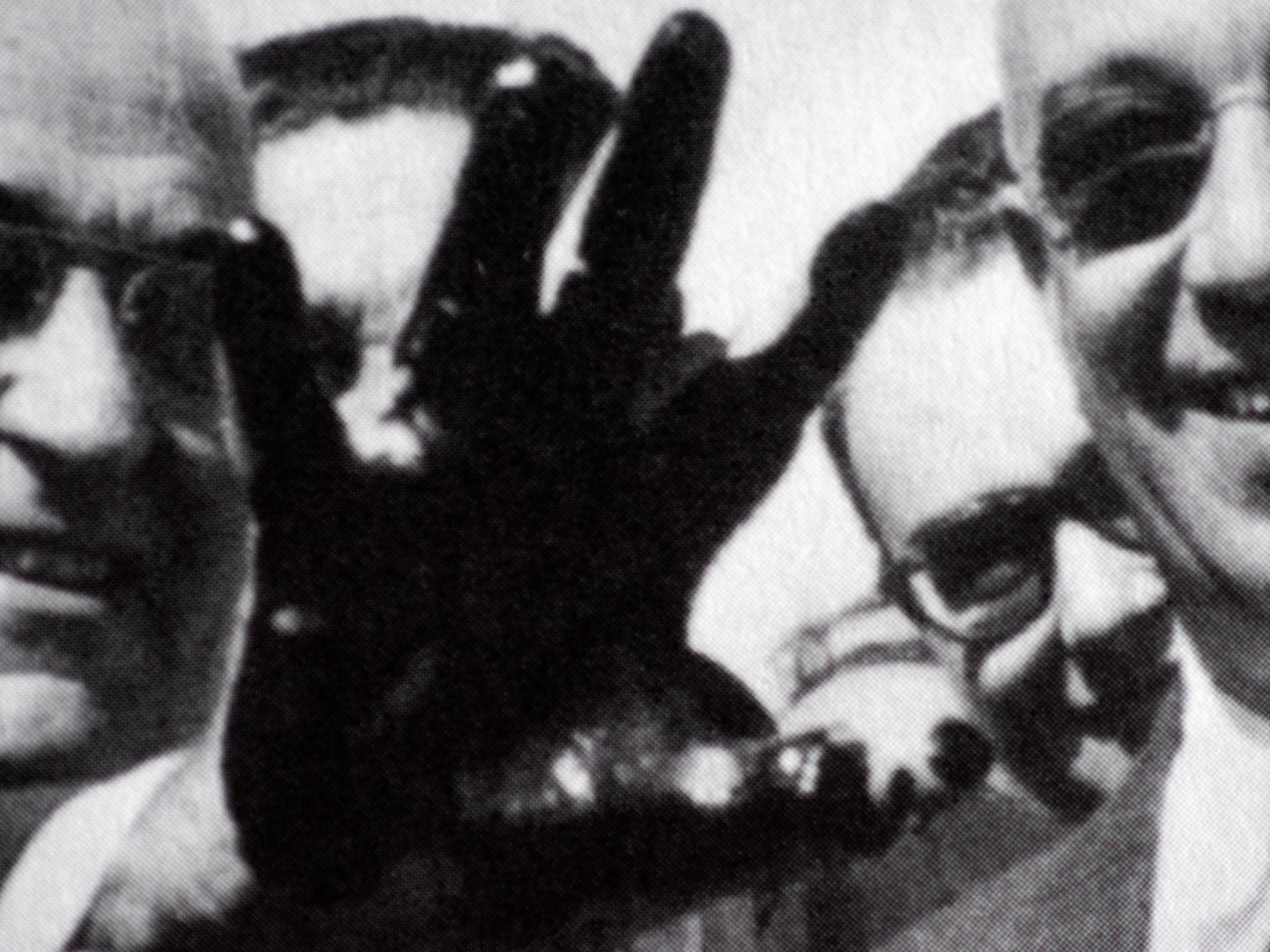
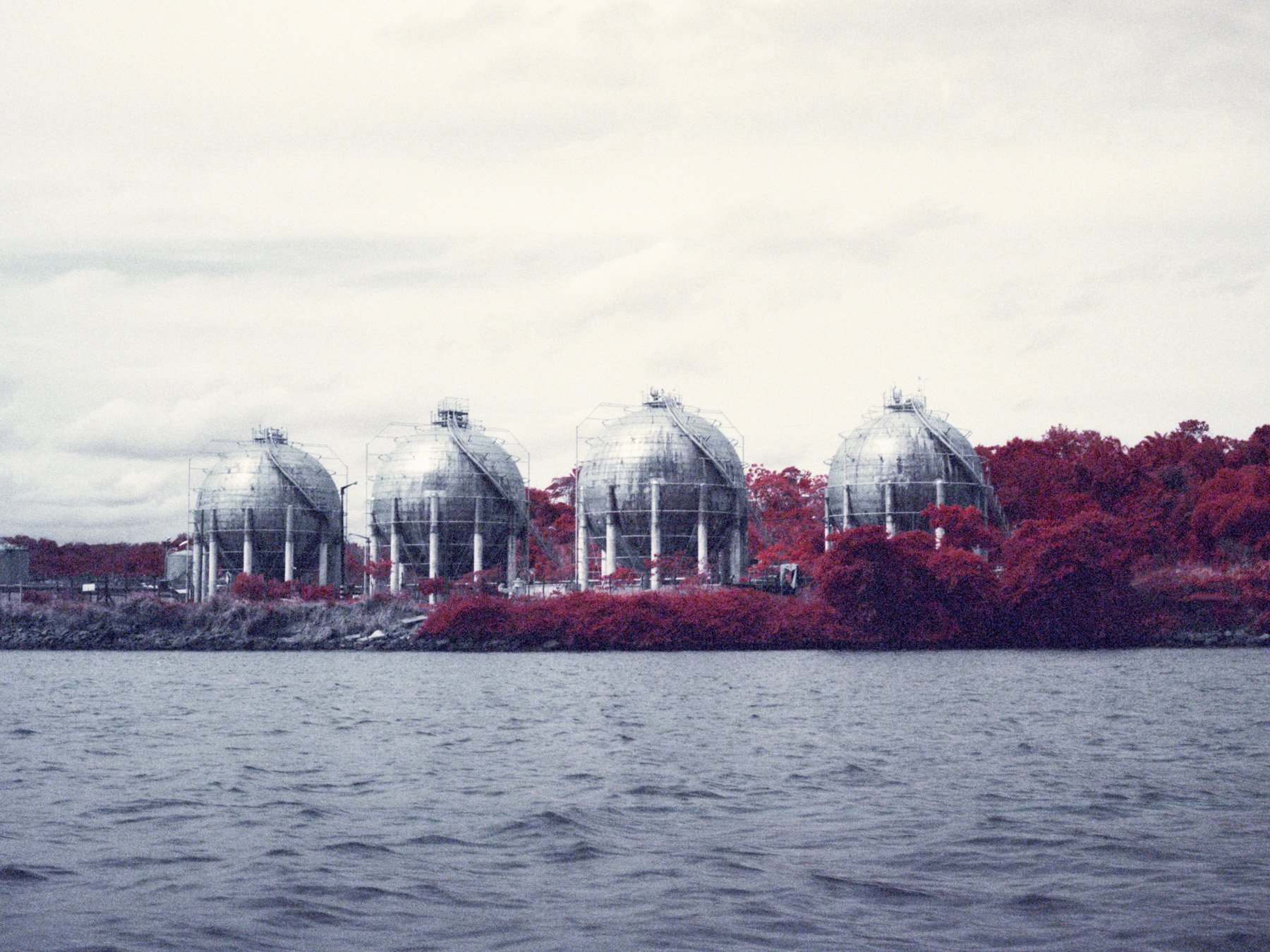
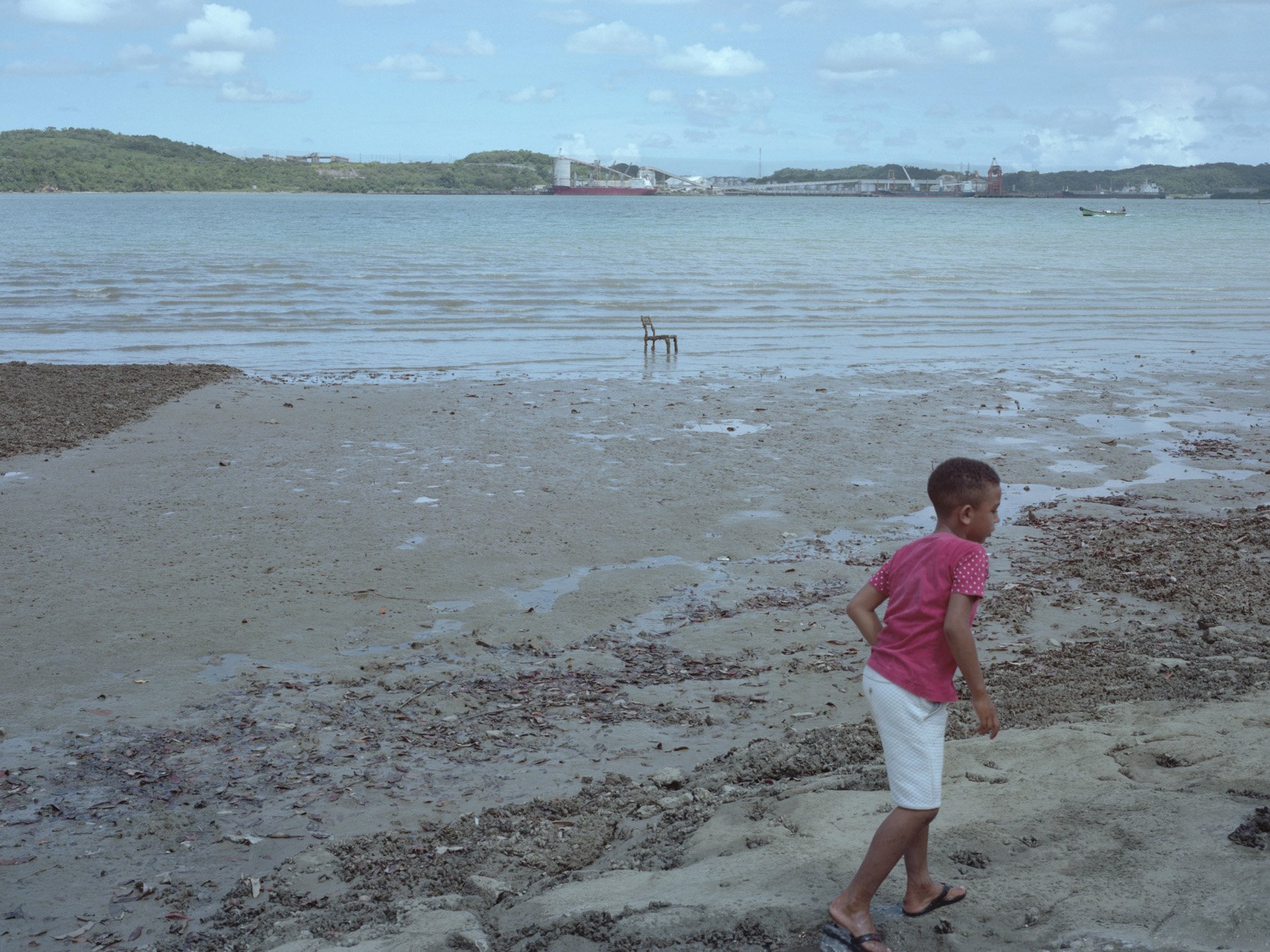
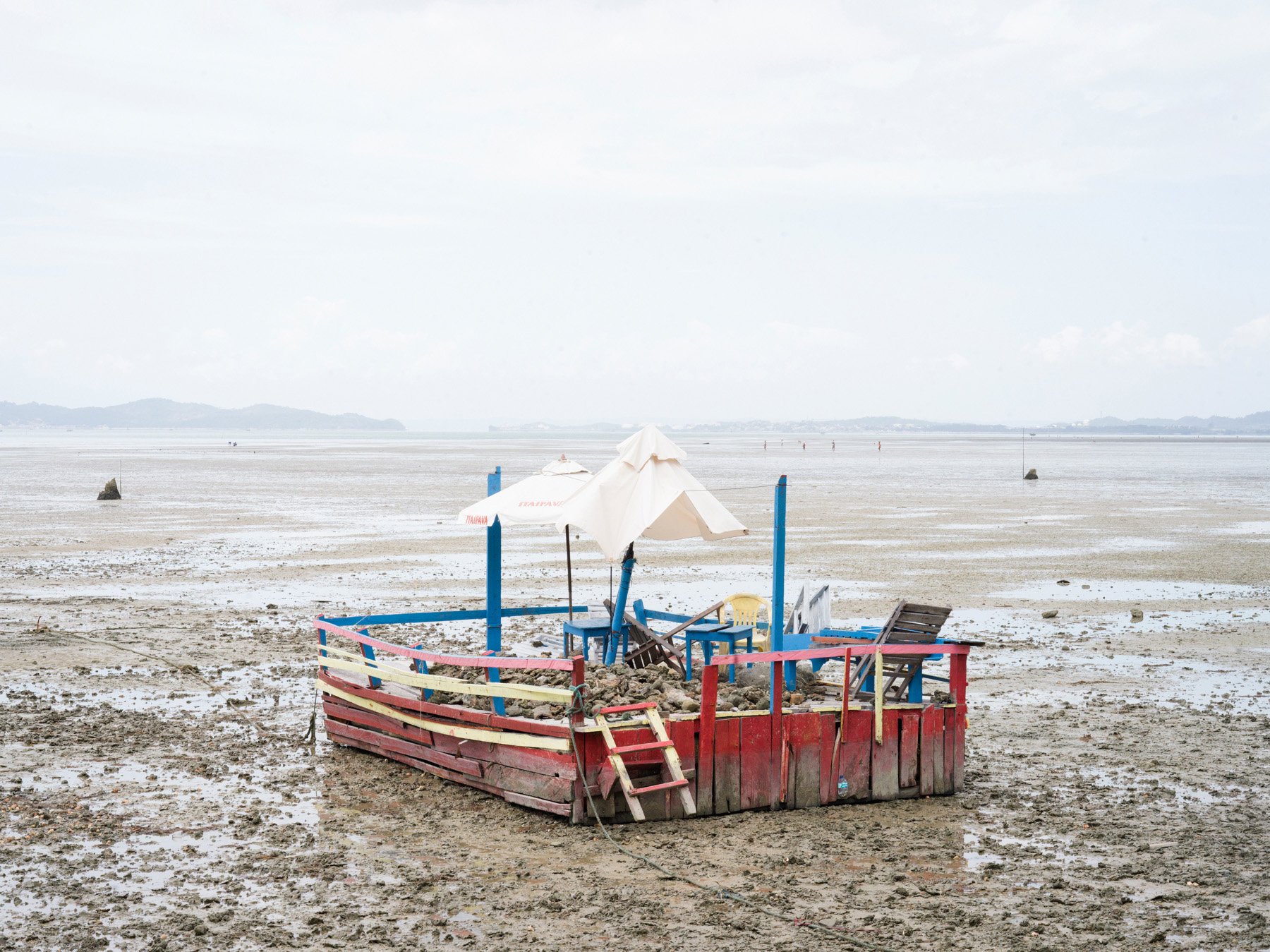
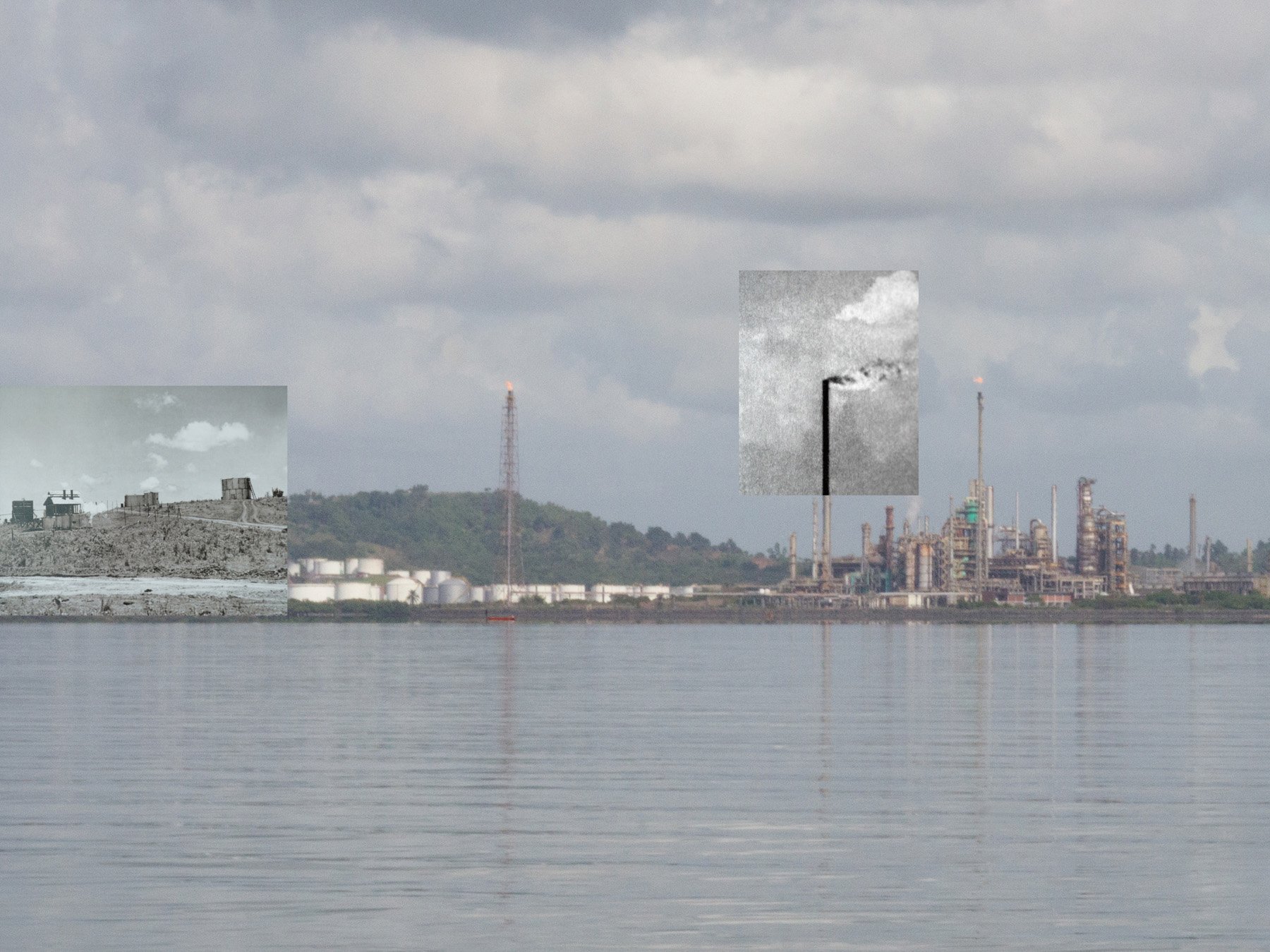
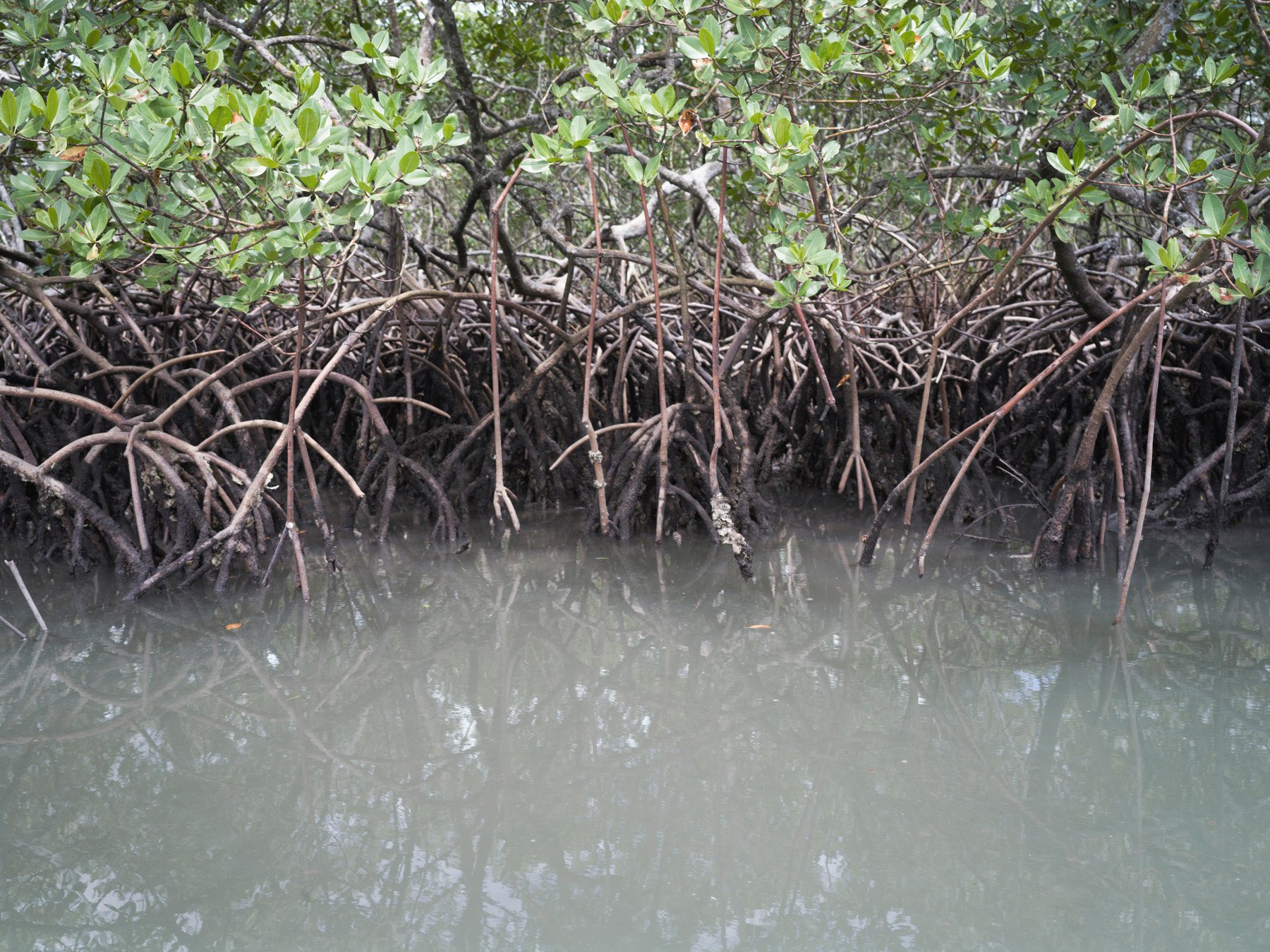
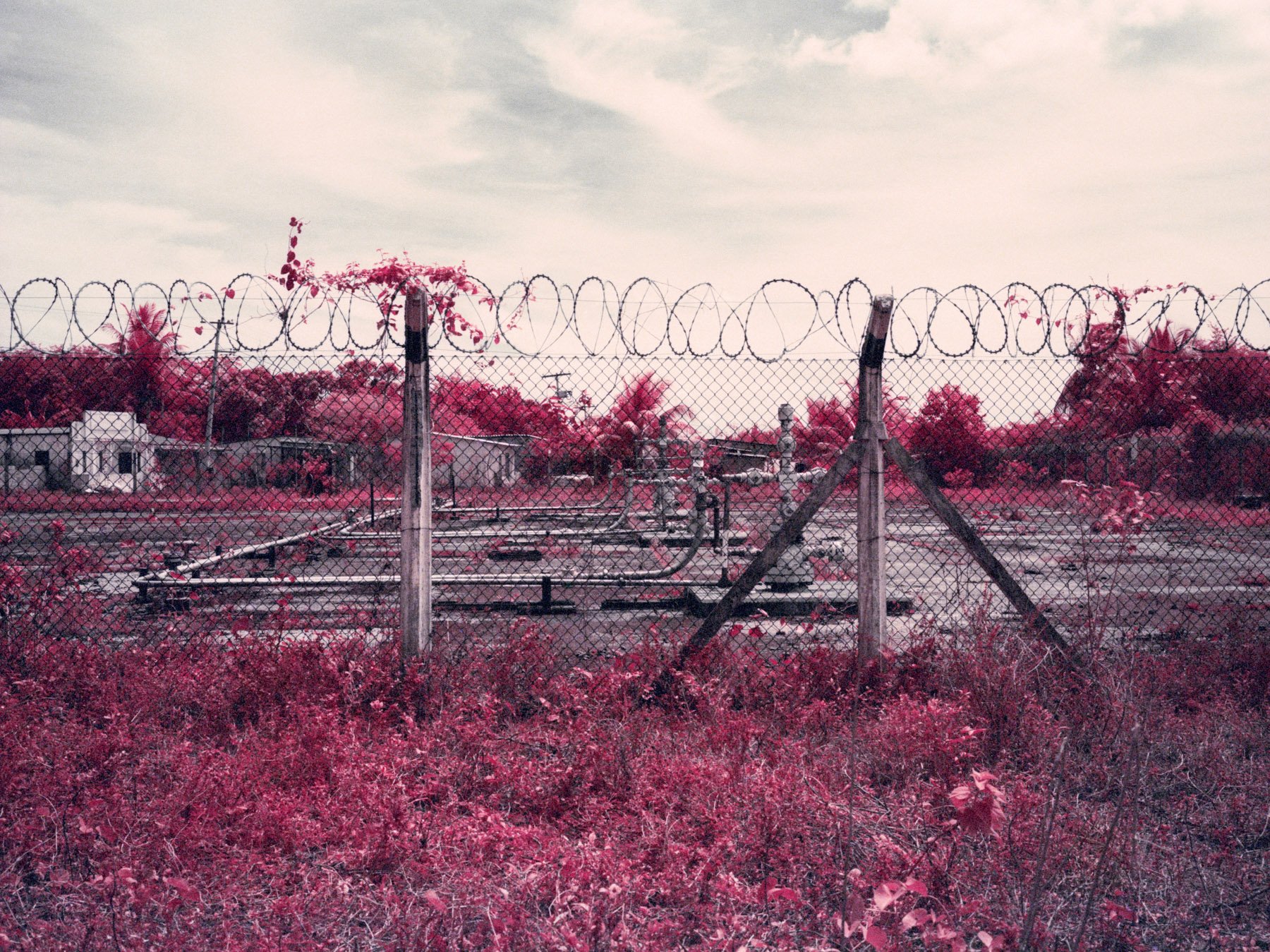
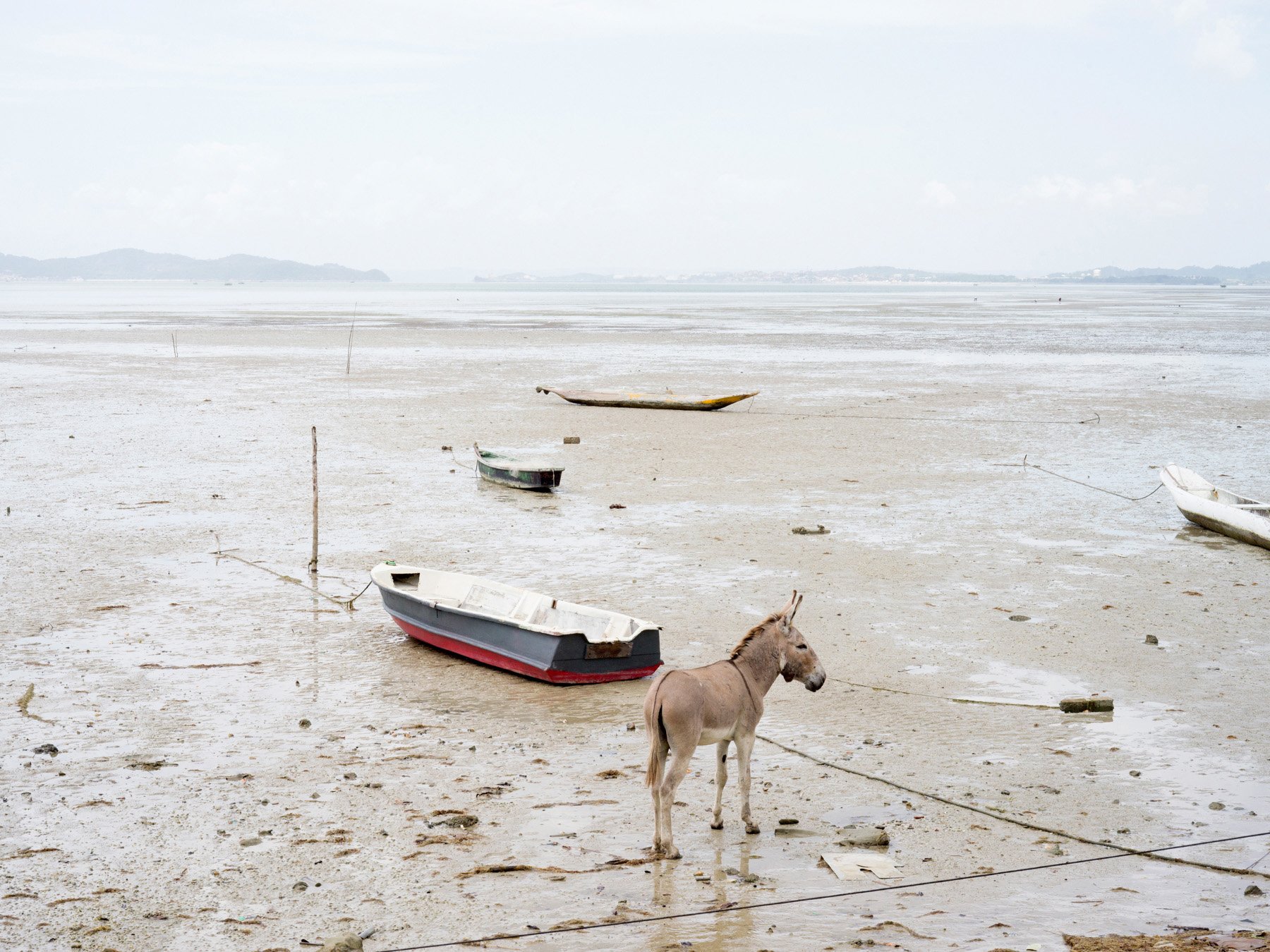
A story on oil, pollution and racism
Ilha da Maré is a small island located in the Bahia de Todos os Santos in the state of Bahia, located in the northeastern region of Brazil. The communities living on the island are mainly Quilombola’s communities living of fishing and shellfish picking. The Quilombos are settlements founded between the 1500 and the beginning of 1900 by people of African origin; most of the members of these communities are descendants of runaway slaves who formed quilombo settlements. In 1940, oil deposits were discovered in the Bahia de Todos os Santos, the bay were the city of Salvador is located; oil extraction wells were installed in the sea of the Bahia de Todos os Santos, in the Candeia zone and in the Ilha de Maré, most of them are still working or were active until the beginning of 2000. In 1950, located in front of the Ilha de Maré, the Ludulpho Alves-Mataripe refinery were inaugurated. In 1953 the national oil company, Petrobras was founded and in 1967 the Industrial complex of Aratu was built, a commercial port for the exportation of gas and petrochemical products. In 2021 the Mudabala Capital from United Arab Emirates bought the refinery of Mataripe. The Petrochemical Complex of Camaçari and the Aratu Candeias Port is responsible for the 60% of the cargo ship traveling from and to the Bahia State but also, with the refinery and the oil wells, they are responsible of the level of environmental pollution and environmental related incidents. In her studies, the researcher Neuza Miranda has shown the high contamination of Cadmium and Lead coming from the local industries in the children of Ilha de Maré. The Environmental Racism has been theorised between the 1970 and the 1980, its definition has used to describe environmental injustices in a racial contest. The environmental racism takes place when politics decisions related to the environment are taken and, as consequence, generate a racial discrimination or have a negative impact on a specific ethnic/racial specific group of people. The researcher Beatriz Moreira Bispo underline the lack of communication and compromise between the institutions, the company and the local Communities, This lack of communication, mediation and reduction of the environmental impact generate local conflicts. Despite the community of the Ilha de Maré tried to established a dialogue with the Institutions and the Companies to improve the environmental situation, very little has been done to decrease the pollution level or the factors that affect the Community of Ilha de Mare making them suffer of environmental racism. “A Story on Oil, Racism and Pollution” documents the life of the Communities of Ilha da Maré researching the causes and the consequences of pollution and historical facts that create an environmental racism contest.

